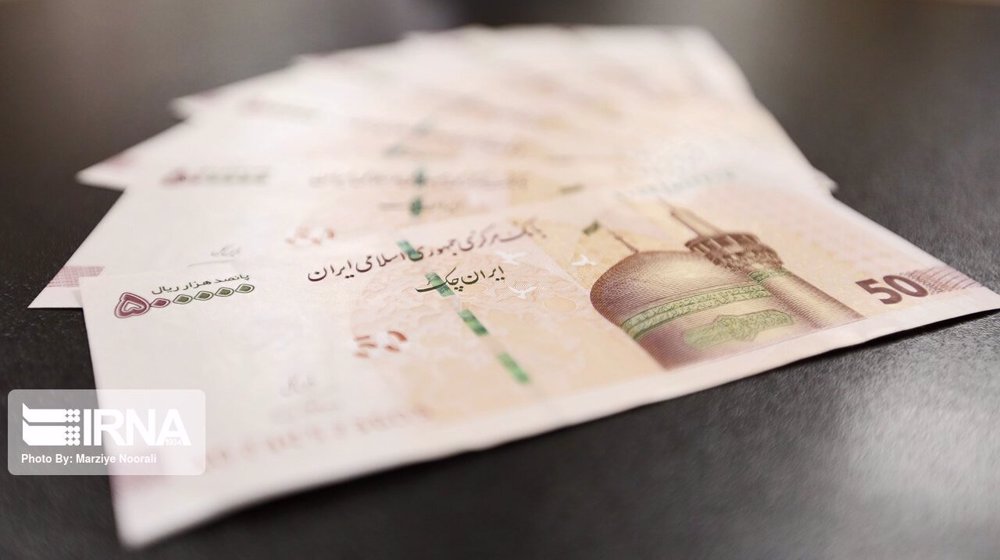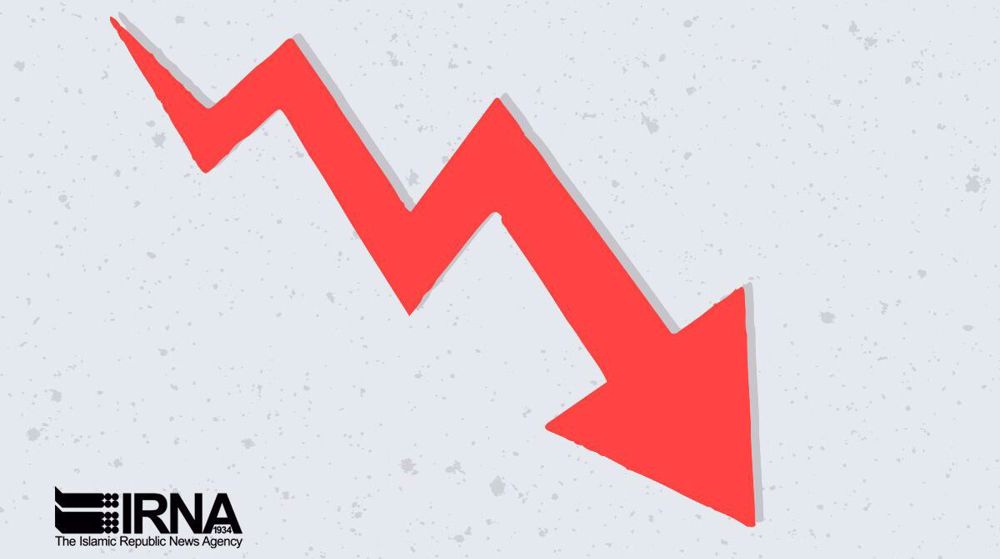Iran government avoids borrowing for a second spending month: Minister
An Iranian administrative government that came to office in early August has managed to finance its budget needs for a second consecutive month without resorting to borrowing, says the country’s finance minister.
Ehsan Khandouzi said on Monday that the government had resisted calls for issuing new debt to finance its spending in the calendar month to October 22 despite increasing pressures on the public budget.
“Thank God the government expenditures in the month of Mehr were funded without any issuance of new debt bonds,” said Khandouzi in a Farsi tweet he posted on his personal page.
Authorities in the government of President Ebrahim Raeisi have insisted that borrowing from Iran’s central bank or issuing bonds have caused the inflation in the country to rise steadily over the past few years.
However, issuing sukuk, or bonds that are compliant with Islamic financial rules, have been a key part of Iran’s efforts to fund its massive development projects since 2018 when the country’s crude sale came under US sanctions.
The current government says those borrowings have caused an expansion in Iran’s money supply and have pushed up the consumer prices.
Government figures published on Saturday showed that the annual inflation rate had dropped slightly in the month to late October to 45.4%.
Khandouzi’s Monday announcement on government bonds issuance come as the Central Bank of Iran (CBI) continues to issue and sell sukuk as part of its open market operation policy which is meant to control the interbank interest rate.
Reports suggested that private and state banks had bought 370 trillion rials ($1.34 billion) worth of CBI sukuk in trades that took place earlier in the day.

Iran as hub of technical and engineering services

Iran to keep current subsidized exchange rate in next year's budget

Iran’s non-oil exports up 19% y/y in Apr-Feb: IRICA
Iran president congratulates Muslim leaders on holy month of Ramadan
Hundreds of Israeli settlers storm Al-Aqsa Mosque compound: Report
Iran Parliament dismisses economy minister over economic mismanagement
Unprecedented: US rights group drags Biden, Blinken to ICC over Gaza genocide
Kremlin: Macron talks of contacting Putin, but no real steps taken
Hamas decries as ‘war crime’ Israeli suspension of humanitarian aid to Gaza
Israeli cabinet allows military to call up 400,000 reservists
Iran as hub of technical and engineering services








 This makes it easy to access the Press TV website
This makes it easy to access the Press TV website